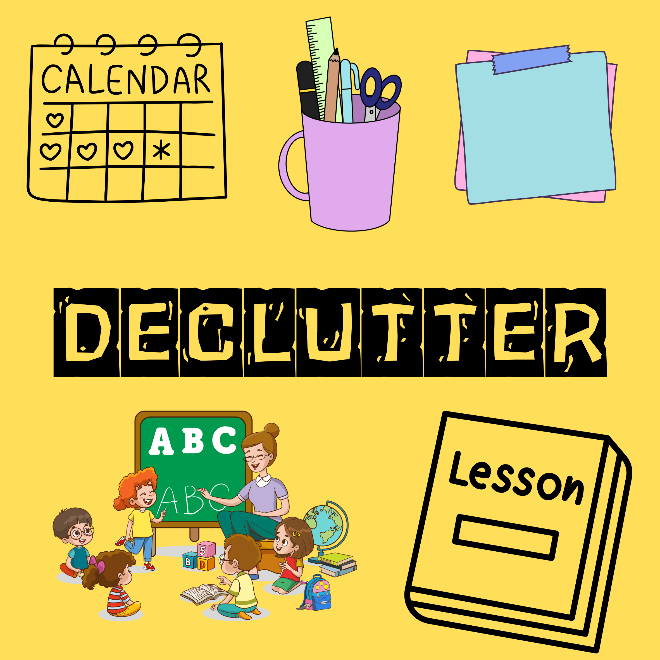February 2nd, 2026
Communities across the state of Pennsylvania were hit hard by the recent budget impasse. State and federal grants for college students were suspended, school districts had to borrow millions of dollars, and some human service agencies and early childhood education programs even had to close their doors.
Huntingdon County Head Start and preschool programs are among the many that suffered. Things are improving, for the time being at least, while emergency budget funds are being distributed. Central Pennsylvania station WTAJ TV recently reported a story about multiple preschool programs in the county’s Mapleton borough finally being able to reopen their classrooms, which had been temporarily closed because of the budget impasse. Aaron Thomas reported that of the county’s nine programs, all but two have reopened again with the help of federal funds.
Mapleton is part of the Mount Union Area School District, which serves K-12 students in the rural areas of Mapleton and Mount Union boroughs, along with Shirley and Union Townships. In the WTAJ TV video, district superintendent Brett Gilliland explains that the economically disadvantaged district relies heavily on federal funding to maintain operations, stating “We’ve lost other federal funds that we count on to provide teachers, to provide programs, to provide services, that’s kind of frustrating.”

Image from video courtesy of WTAJ TV/Nexstar Broadcasting, Inc.
Mount Union Area School District is a recipient of the Keystones to Opportunity (KtO) grant. Funding through KtO provides an opportunity for students to participate in high-quality early childhood education programs enhanced with supplemental programs for language and literacy like GrapeSEED. Mount Union, like neighboring KtO grant recipient Southern Huntingdon County School District (SHCSD), is working closely with local Head Start programs to help students prepare for kindergarten as part of the county’s literacy initiative.
Both districts have turned to GrapeSEED for help with this initiative, and GrapeSEED is working with their schools and educators to help close the achievement gap. GrapeSEED is officially aligned with the Pennsylvania Pre-Kindergarten Learning Standards for Early Childhood (Language and Literacy Development), allowing Pre-K Counts , Head Start , Keystone Stars as well as Early Intervention program funds to be used to purchase the program to improve the quality of Early Childhood Education in the state.
While the emergency budget is providing some relief for districts like Mount Union and SHCSD, a final budget with more funding for early childhood and early intervention programs is still needed, not only to keep the doors open, but to expand access to additional children. According to the KIDS COUNT Data Center, “Head Start and the expansion of state-funded programs since the 1990s have greatly increased access to preschool. But many children, especially 3-year-olds, continue to be left out, exacerbating socioeconomic differences in educational achievement.” In Pennsylvania, less than half of the three and four-year-olds attend a preschool program, placing it well behind many other US states.
With more funding for programs like Head Start and Pre-K Counts, the continued dedication of local communities and educators, and the help of a language and literacy program like GrapeSEED, we can expand access to high-quality early childhood education so that no young child in Pennsylvania is left out. Let’s #MakeItHappen!





